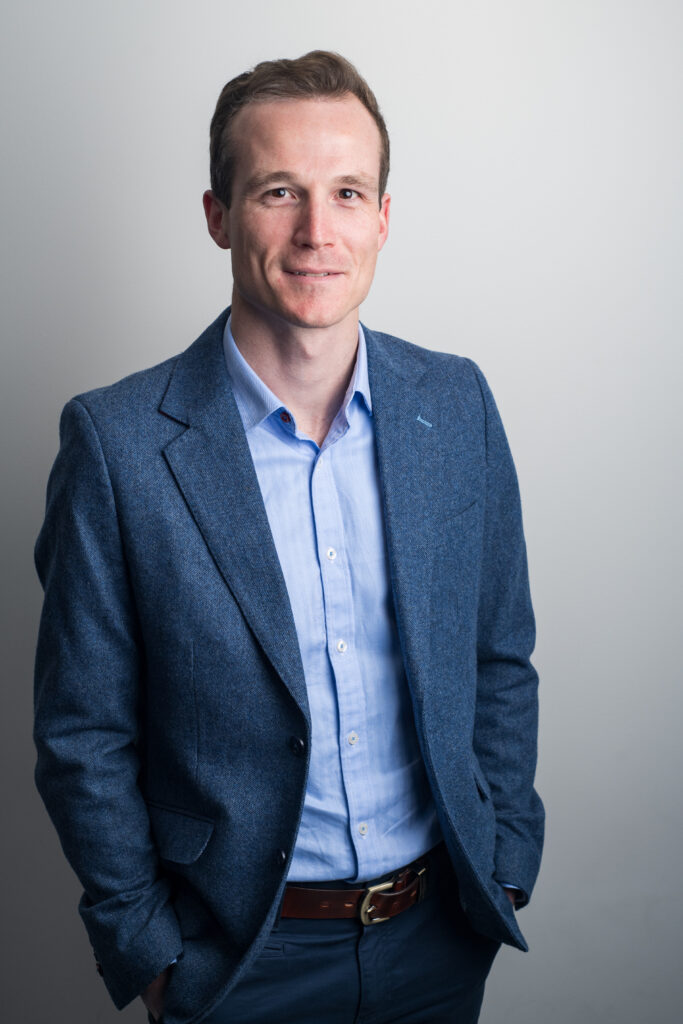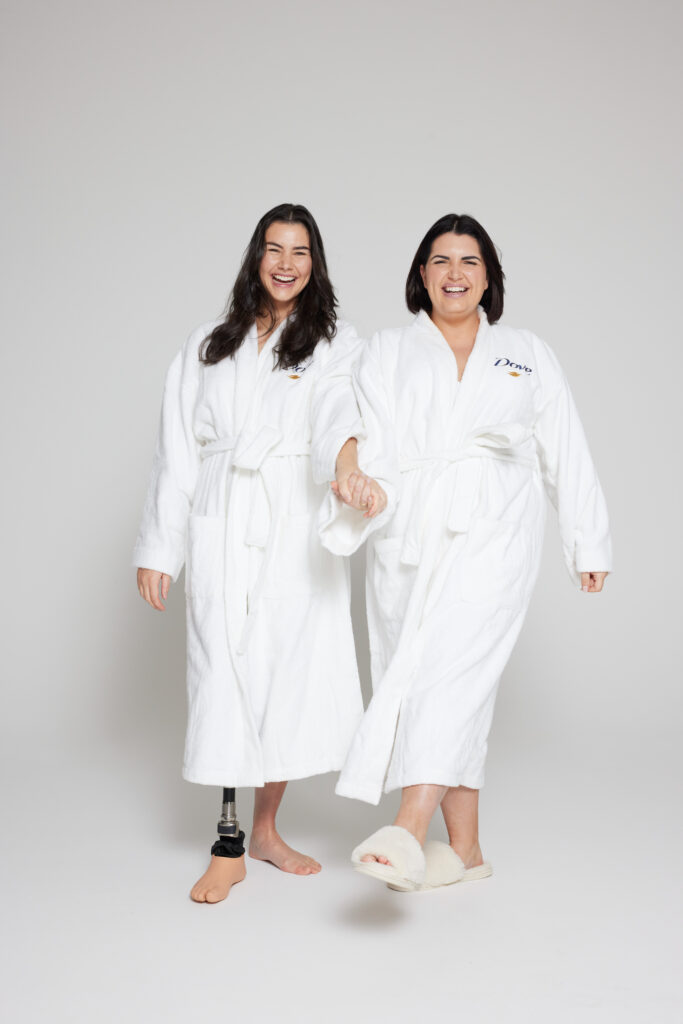Globally, consumers are increasingly driven towards purposeful brands that drive societal impact.
According to a recent KPMG survey, 61% of consumers are more likely to engage with a brand that is seen to be socially responsible. However, the challenge for brand owners lies in balancing purpose-driven marketing with the imperative to build unmissable brands and drive sustainable growth.
Dove is one brand that has cracked it, with its pioneering Campaign for Real Beauty turning 20 years old this year.
Two decades ago, Dove took a pioneering step to change the culture of beauty advertising. Discarding stereotypes, it broke with convention by featuring real women instead of models in its ads – a move that resonated with audiences all over the world.
One of Unilever’s 30 Power Brands, Dove has shown remarkable growth and success, selling more than 5 billion euros (NZ$ 9 billion) of product globally each year. Further, over the past four years, Dove has grown twice as fast as the ANZ total business.
John McKeon, Unilever ANZ Head of Personal Care, says Dove’s success is a prime example of how strategic purpose-driven marketing can drive both social impact and significant business growth, despite shifts in the marketing landscape.
“The last few years have seen a shift in the way purpose-driven marketing is perceived, with increased scepticism around authenticity and effectiveness. Dove breaks this mould – our mission to make beauty a source of confidence has been unwavering and continues to resonate with consumers. By employing its core values alongside a strategic marketing mix, Dove continues to prove the power of purpose in building a successful brand.”

Hearts and minds
This approach aligns with Unilever’s strategic Growth Action Plan, which focuses on achieving unmissable brand superiority through a combination of six levers: product, proposition, packing, place, promotion and pricing.
“In today’s market, it’s essential that brands stay competitive on all fronts – reaching the hearts and minds of consumers, but also in understanding their unique buying behaviours. By pulling these levers, we ensure Dove addresses all elements of consumer preference, remains relevant and is set up to grow into the future.”
Four years ago, Dove ANZ became one of the first Unilever markets to invest in pure purpose campaigns, to complement other advertisements focused on the functional benefit of Dove products.
“What we’ve learnt is that success lies in striking the right balance. By launching a mix of campaigns – some focused purely on purpose and others more functional benefits – we’ve been able to connect with our audience on multiple levels. This strategic blend has proven highly effective.”
Unilever’s global H2 2024 financial results reported that its Power Brands – which account for around 75% of Group turnover – performed strongly, with 5.7% underlying sales growth, driven by volume growth of 4.0%. Specific Dove categories vary, with deodorant experiencing robust double-digit growth and Dove skin cleanse achieving modest single-digit growth.

The beauty challenge
Dove’s latest study, The Real State of Beauty: A Global Report, reveals ongoing challenges in beauty representation, with unrealistic beauty standards still prevalent. In New Zealand, 82% of women view themselves as their “own worst critics” – reflecting significant concern about self-image.
“Looking ahead, Dove remains committed to resonating with consumers through our mission of promoting real beauty and positive body confidence,” says McKeon.
“As we navigate a rapidly changing landscape, where AI-generated content is set to dominate, our focus on purpose will continue to counter harmful beauty stereotypes and promote a healthier self-image.
“It’s an approach that not only solidifies our connection with our core audience of 35 to 55-year-olds but also engages younger generations, reinforcing Dove’s position as a leading global beauty brand for years to come.”
The post Balancing purpose and profit: how Dove’s 6P strategy powers unmissable brand superiority appeared first on stoppress.co.nz.
More Stories
Taboola and Otago Daily Times sign record renewal in ANZ
The Post celebrates two years with free access and special subscription offer
ThinkTV campaign tackles The TV Advertising Paradox head-on